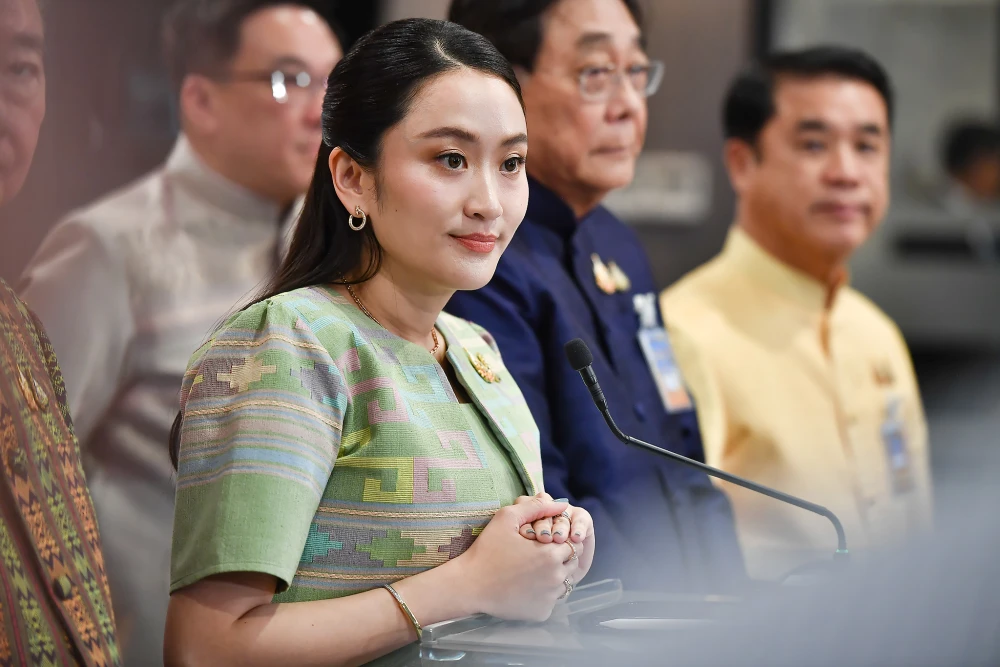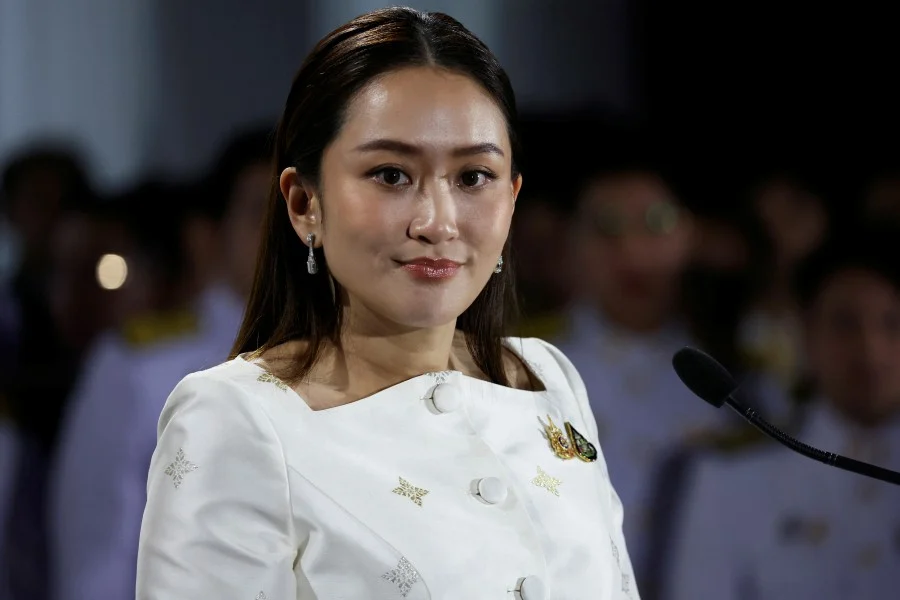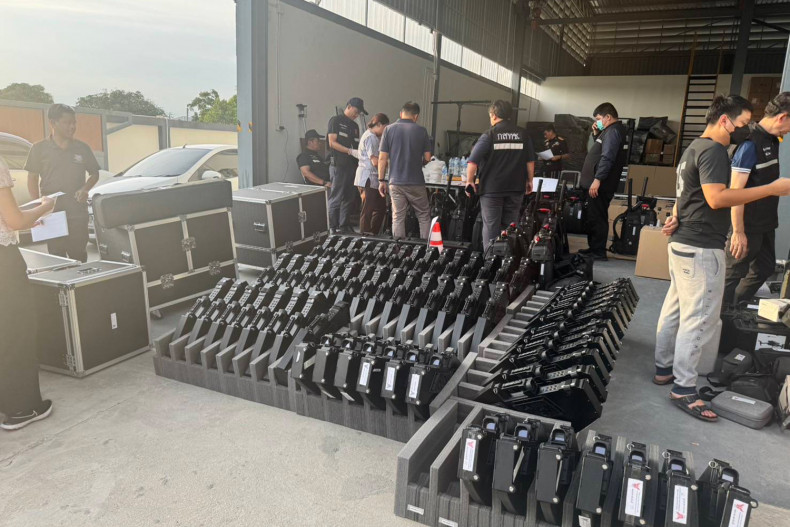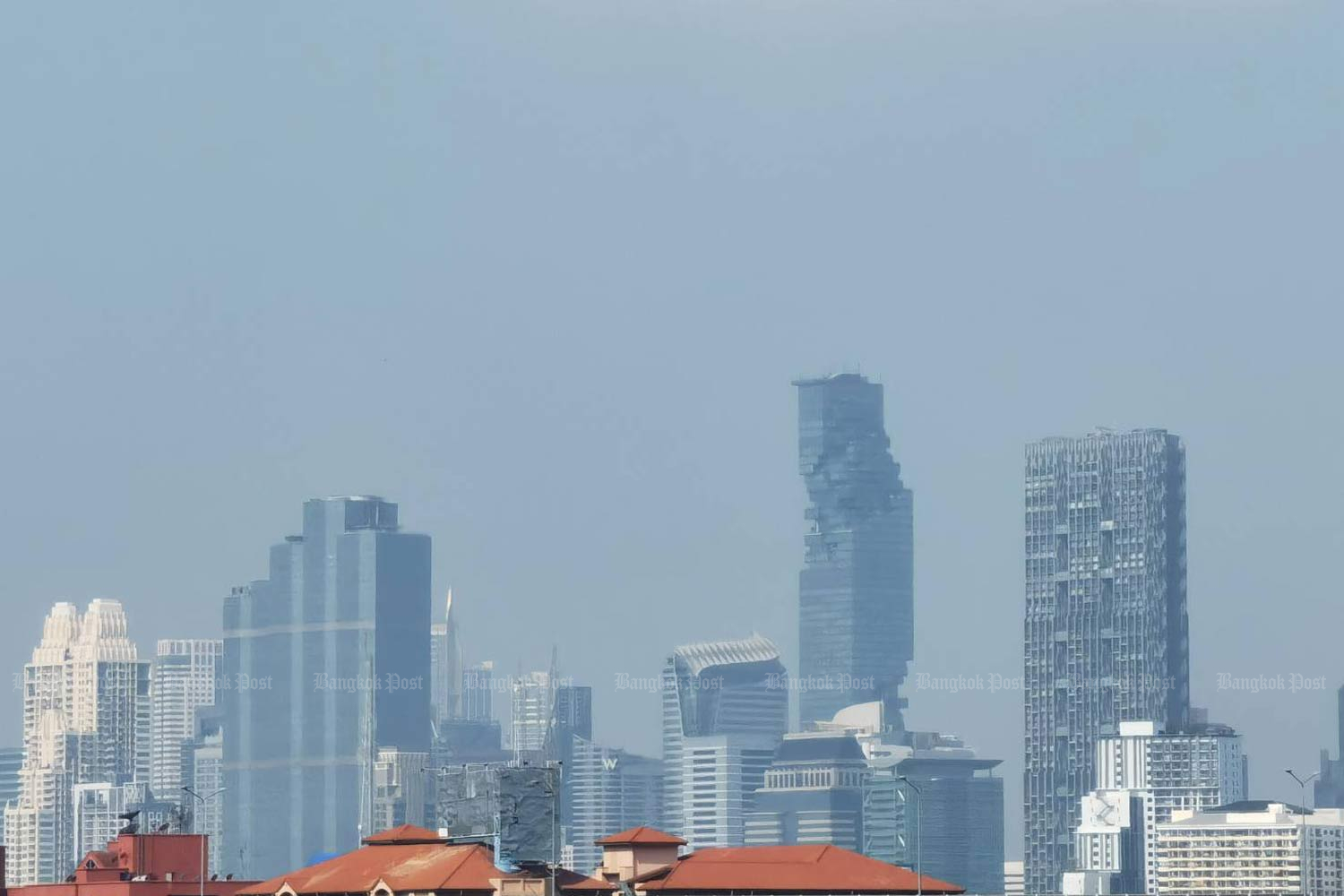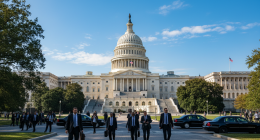Cabinet Classifies Vacuum Cleaners and Air Purifiers as Controlled Goods
Government Action on Pollution Control and Consumer Protection
The Cabinet has officially classified vacuum cleaners and air purifiers as controlled goods, a move aimed at combating the growing PM2.5 air pollution crisis and safeguarding consumers from price gouging. This decision, recommended by the Ministry of Commerce, recognizes these appliances as essential for reducing harmful airborne particles in homes and ensuring fair market practices.
New Regulations Target PM2.5 Pollution Solutions
Essential Household Devices Now Under Price and Supply Oversight
The Ministry of Commerce emphasized that vacuum cleaners and air purifiers are crucial for mitigating PM2.5 pollution in residential areas. By designating these products as controlled goods, the government seeks to prevent manufacturers and sellers from exploiting consumers through inflated prices or product hoarding, especially as demand rises due to worsening air quality.
Strict Penalties for Price Manipulation and Hoarding
Legal Consequences for Violating Controlled Goods Regulations
Under the new classification, individuals or businesses found guilty of hoarding, refusing to sell, or inflating prices of these controlled goods face severe penalties, including up to seven years in prison, a fine of up to 140,000 baht, or both. Consumers who suspect exploitation can report incidents to the Department of Internal Trade via its hotline, ensuring swift government intervention.
Scope of Regulation: Specific Devices and Technical Criteria
Coverage Includes HEPA Air Purifiers and Household Vacuum Cleaners
The new rules specifically apply to HEPA filter and ioniser air purifiers designed for indoor spaces up to 80 square meters. Both corded and cordless vacuum cleaners, equipped with dust-trapping bags or containers and with power usage between 500 and 2,000 watts for household use, are included in the regulation. This targeted approach ensures that the most relevant products for indoor air quality are covered.
Reporting Requirements for Importers and Distributors
Monthly Compliance Needed to Ensure Market Transparency
Manufacturers, importers, and distributors of these controlled goods must now submit monthly reports to the Department of Internal Trade detailing quantities, pricing, and product specifications. This measure enhances transparency and allows authorities to monitor market trends, preventing shortages and unfair pricing practices.
Broader Impact: Expanding the List of Controlled Goods
Government Strategy to Stabilize Prices and Secure Access
With the addition of vacuum cleaners and air purifiers, the list of controlled goods and services now includes 57 items, reflecting the government’s ongoing commitment to consumer protection and public health. The decision follows previous measures that regulated essential items such as face masks and hand sanitizers during times of crisis, ensuring that vital products remain accessible and affordable.
Ensuring Fair Access and Cleaner Air
Cabinet’s Regulatory Action Supports Public Health and Market Stability
By classifying vacuum cleaners and air purifiers as controlled goods, the Cabinet is taking decisive action to address both environmental and consumer challenges. These regulations are designed to keep prices fair, prevent shortages, and help households effectively combat PM2.5 pollution, reinforcing the government’s role in protecting public health and market integrity.

